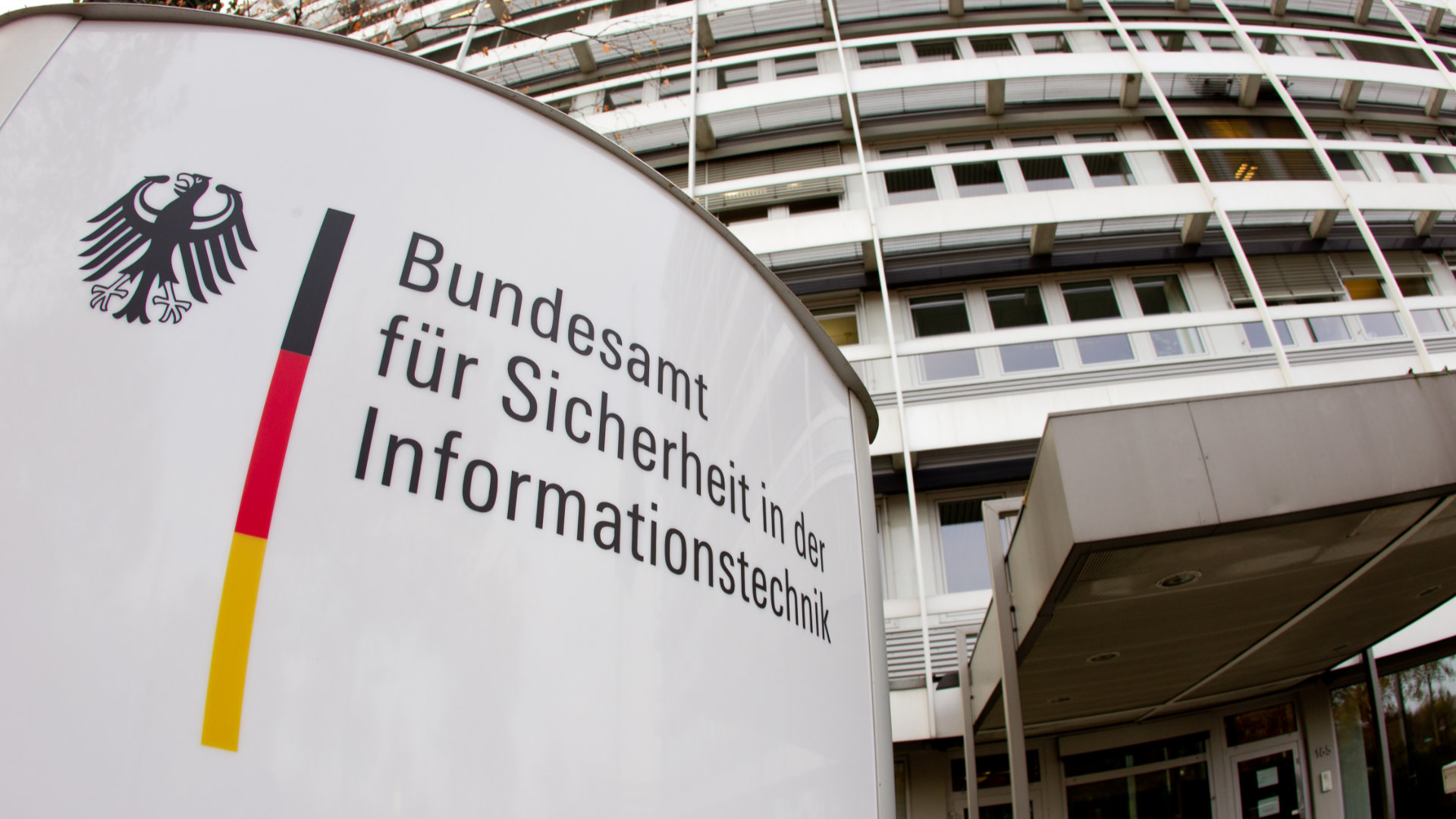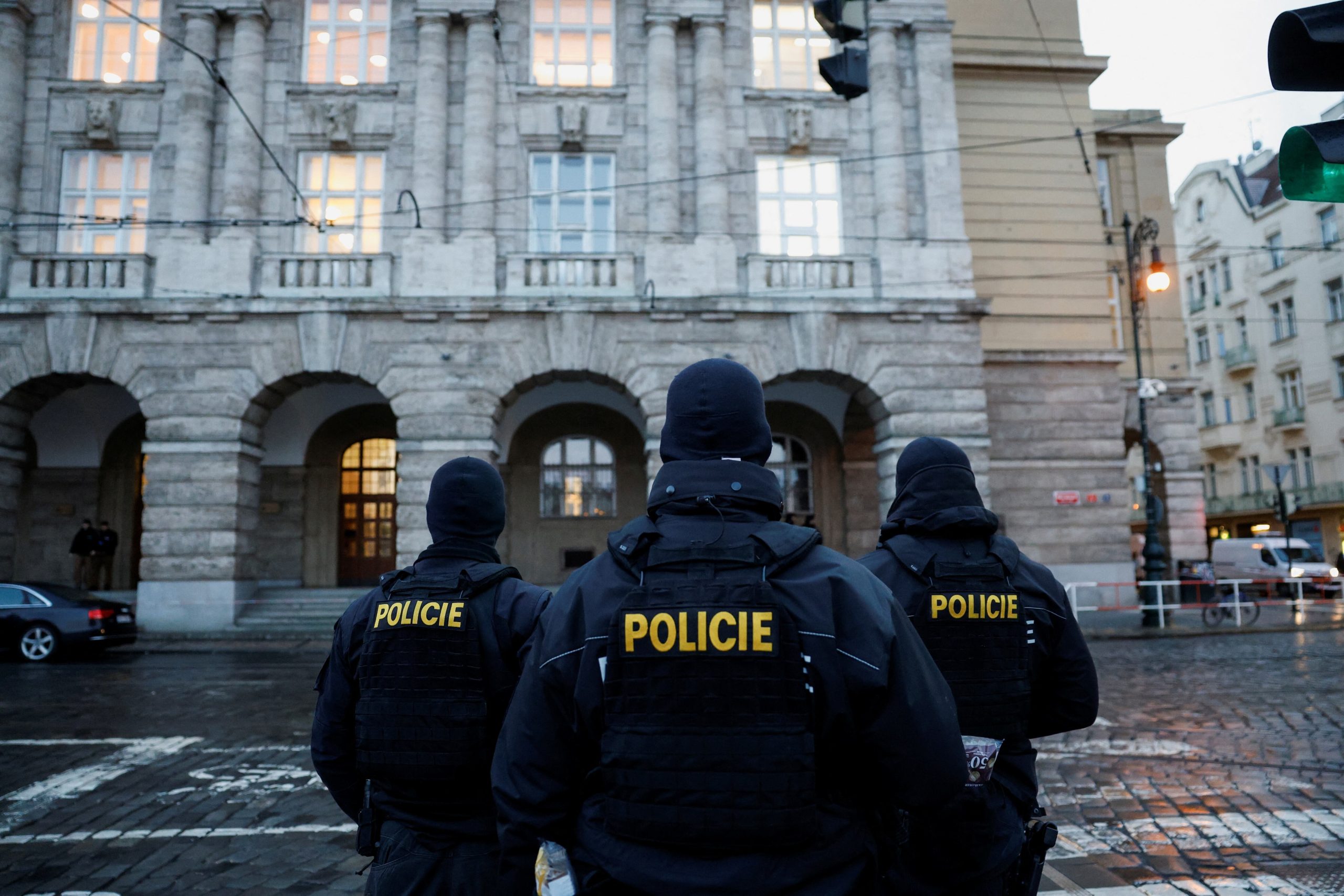European Centre for Counterterrorism and Intelligence Studies, Germany & Netherlands – ECCI
Secret House of Lords circle ‘shown to have worked with far right’
theguardian – Germany’s interior minister has warned of a “massive danger” facing Germany from Russian sabotage, disinformation and spying attacks.Nancy Faeser said Vladimir Putin was putting huge resources into cyber-attacks as a key part of his war of aggression. “The cybersecurity concerns have been exacerbated by the war. The attacks of pro-Russia hackers have increased,” she said in an interview with the news network Funke Mediengruppe published on Sunday.The danger of state-sponsored and state-steered spying and sabotage activities remained very high, Faeser said. She called on the federal and regional governments to work together to fend off cyber-attacks and to “permanently continue to develop” their ability to do so. “We are in competition with ever new manners of attack and technologies,” she said.
The government was expanding its Federal Office for Information Security (BSI), Faeser said, and she described efforts to “create new instruments with which the security authorities can stop cyber-attacks and resolve them”.Since Germany started supporting Ukraine with weapons deliveries and by introducing sanctions against Russia, cyber-attacks have been on the rise, in particular against energy providers and military organisations. Security experts have been warning of the considerable danger these pose to German domestic security, specifically the cyber-attackers’ ability to target critical infrastructure, as well as political operations such as the Bundestag.
The German parliament was the target of one of the biggest cyber-attacks Germany has ever faced, in May 2015, when the internal computer system was attacked, data was stolen and MPs’ offices were forced offline. The GRU, Russia’s military intelligence agency, is believed to have been behind the attack.In 2020, the office of the then chancellor, Angela Merkel, was hacked. She revealed to parliament that emails had been obtained from her constituency office in what she called an “outrageous” and “painful” assault.Shortly after the start of the war against Ukraine, there was a wave of attacks in Germany, apparently originating from the hacker group Ghostwriter, which is alleged to be under the control of Russian intelligence services. In recent weeks, there have been cyber-attacks on everything from airports to town hall administration, affecting daily life to differing degrees. The Russian group Killnet recently announced it planned to pay closer attention to disrupting life in Germany.
Digital experts have said Germany is under a state of “permanent fire” from hackers. Financial institutes, armament factories, energy providers, humanitarian organisations and tax authorities have all been targeted. Experts say the attacks are often well disguised but cybercrime investigators frequently find that Russian hackers are behind them.Wolfgang Wien, the vice-president of Berlin’s foreign intelligence service, BND, warned at a security conference in Potsdam last summer that Germany’s digital world had been infiltrated by hackers from Russia and China in particular. “Russia is in our networks, China is in our networks,” he said.In recent analysis Google stated that Moscow was “pulling out all the stops” to recruit private hacker groups and attach them to the bandwagon of the GRU.
Marc Korthaus, of the Berlin IT security company Sys11, told the Frankfurter Allgemeine newspaper that attacks were becoming increasingly politicised. When Germany made the decision this month to deliver Leopard 2 tanks to Ukraine, the number of attacks on German targets leapt, Korthaus said.“However, those were not sophisticated or particularly demanding attacks,” he said. “And that worries us. Because these attacks are little more than a warning signal – and that is something we have to take seriously.” Simpler attacks were often followed by more technically sophisticated ones, he said, with initial attacks often viewed as hackers “testing the waters”.
Alexander Vuckevic, the director of protection labs for the IT security company Avira, told the same paper: “Every time Europe intensifies its sanctions against Russia or accelerates aid to Ukraine, the hackers intensify their attacks.”When the Bundestag voted in favour of tank deliveries, there was similar activity, though the parliament was able to fend off attacks to its own network. During the Munich Security Conference, at which the Russian invasion of Ukraine was the central talking point, hackers attacked Nato’s IT systems. When Bulgaria said it was standing by Ukraine, Killnet attacked government computers in Sofia, Vuckevic said.




